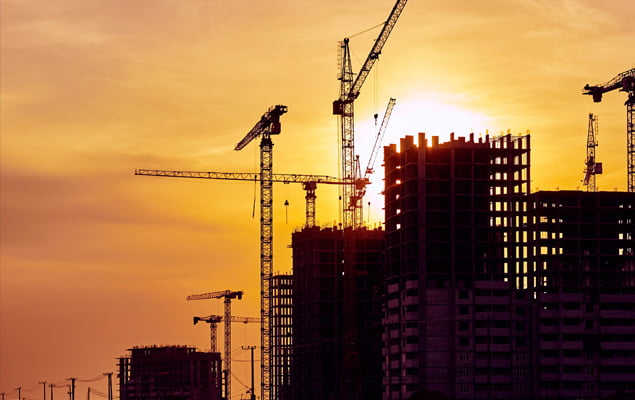Most of us have rented an apartment in the past or are planning to at some point.
Since an apartment lease can contain several pitfalls, here are some important issues you should check in order to ensure you begin your lease on the right foot.
Who owns the property?
First of all, it is important to ascertain who the registered owner of the property is, in order to verify that the person renting it to you is not a fraud impersonating the legal owner. You can verify the legal owner by checking the real estate extract of title or another official document certifying the registered owners of the apartment. In instances when the person directly handling the rental is not the property owner, you should verify that the person listed on the lease as the owner of the property is indeed the owner and that the rent money will be transferred to him or her. It is also advisable to ask to see a written document certifying that the registered owner of the property has authorized the person conducting the negotiations with you to do so on his or her behalf.
The rent and additional payments
Naturally, the sum of the rent must be specified in the lease. So should whether or not the rent is linked to an index, as well as the frequency and mode of payment of the rent. The lease should also explicitly specify what additional payments are imposed on the tenant in addition to the rent, such as management fees, house committee fees, municipal tax, etc.
Who is responsible for repairs in the apartment?
You should thoroughly check the condition of the apartment and see whether any repairs are necessary. For example, you should check for mold and signs of plumbing problems, the working order of electrical appliances in the apartment (such as air conditioners), and building elements like shutters, doors, etc.
Of course, not all defects are readily visible and sometimes are only detected after you occupy the apartment. Therefore, the lease should explicitly specify that the landlord is responsible for repairs in the apartment (excluding, of course, damage caused by the tenant). The lease should also specify that the landlord authorizes the tenant to pay for urgent repairs and then offset the payment to the repairman from his or her next rent payment or, alternatively, that the landlord will reimburse the tenant.
The law in Israel prescribes that the responsibility for repairs in a rented apartment is imposed on the landlord under all circumstances, apart from damage caused by the tenant. Consequently, even if this is not explicitly stated in the lease, the provisions of the law prevail in this regard.
Security deposits
The most important aspect of the security deposit is the circumstances enabling the landlord to confiscate it.
Some forms of security deposit, such as bank guarantees and cash security deposits, may be exercised without referring to the courts. On the other hand, promissory notes and security checks can only be exercised after going to court.
From the tenant’s perspective, it is preferable to insist on a security deposit that requires court involvement, since it enables the tenant to voice his or her arguments before the landlord exercises the security deposit.
Currently, the law limits the cash amount of the security deposit a landlord can demand from a tenant to a maximum of three months’ rent or one-third of the total rent for the term of the lease, whichever is lower.
You should also make sure that the lease specifies the timing of the return of the security deposit to the tenant.
Lease renewal options
It is important to check if the lease includes an option for renewal and whether the option is extended to you or to the landlord and under what conditions. From the tenant’s perspective, it is obviously best if the lease gives the tenant an option to renew the lease, under reasonable conditions similar to the initial term. Ensuring that the lease offers the tenant a lease renewal option is very important, because it prevents the landlord from being able to demand an unreasonable hike in rent at the end of the initial lease term.
What if I want to move before the lease expires?
Tenants often find that they want or need to move before their lease expires. Therefore, it is important to make sure the lease clearly states that the tenant is allowed to find a subletter to replace him or her.
A recent legislative amendment relates to this issue and prescribes that a tenant cannot sublet his or her apartment without the landlord’s consent. There is one exception to this rule: if a landlord unreasonably refuses a sublet, the tenant can proceed even without the landlord’s consent.
The law also prescribes that insofar as the lease states that the landlord has the right to terminate the lease for any reason, the tenant must be given a corresponding right to terminate.
It is also important to make sure that the lease contains a clause whereby, if the landlord sells the apartment, the tenant’s rights under the lease are not prejudiced. Within this context, you should also check whether any urban renewal projects are planned for the building or for adjacent buildings. It is in your best interest to insist on adding a clause that gives the tenant the option to terminate the agreement if such project or projects are expected to begin during the term of the lease and the tenant wishes to leave as a result.
Since an apartment lease is a binding contract that imposes financial charges in the scale of thousands of shekels per month, we recommend that you always consult with a suitable professional before signing any legal document.
Source: barlaw.co.il


